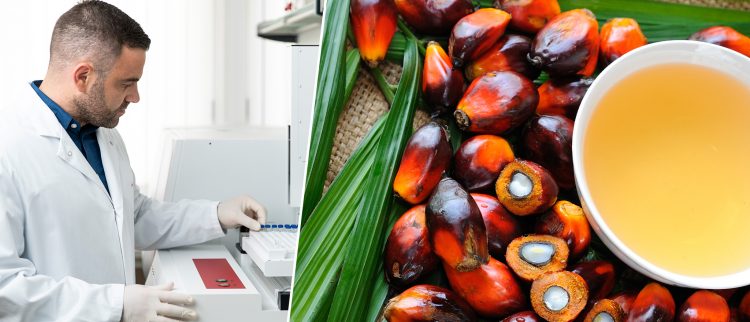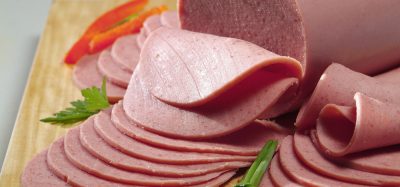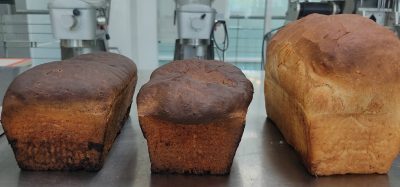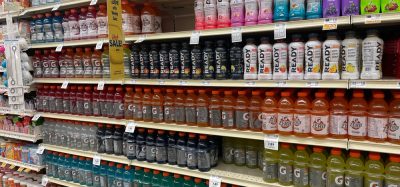Palm Oil – an edible oil case study in quality, safety and process monitoring by means of elemental analysis and UV/Vis spectroscopy
- Like
- Digg
- Del
- Tumblr
- VKontakte
- Buffer
- Love This
- Odnoklassniki
- Meneame
- Blogger
- Amazon
- Yahoo Mail
- Gmail
- AOL
- Newsvine
- HackerNews
- Evernote
- MySpace
- Mail.ru
- Viadeo
- Line
- Comments
- Yummly
- SMS
- Viber
- Telegram
- Subscribe
- Skype
- Facebook Messenger
- Kakao
- LiveJournal
- Yammer
- Edgar
- Fintel
- Mix
- Instapaper
- Copy Link


The speakers outlined the value chain of palm oil and indicate where the analysis of element contents and the probing oil degradation at molecular level are meaningful and routinely performed. The session covered three techniques, namely combustion elemental analysis, atomic spectroscopy by means of ICP-OES, and UV/Vis spectrophotometry (molecular spectroscopy).
Combustion elemental analysis is becoming an increasingly popular analytical tool to efficiently monitor chlorine contents in palm oil. The session examined the reasons for this and explain the benefits of conducting process monitoring early on.
The speakers also outlined the ways in which tools, such as the multi EA 5100 C/N/S/Cl analyser, can provide efficient methodology to monitor feedstocks (crude palm oil), as well as intermediate refining products (red and/or white palm oil) to detect organic and inorganic chlorine contents.
An explanation of ICP-OES followed; this technology enables the user to determine levels of toxic elements present, such as heavy metals. Furthermore, elements that deteriorate taste or shelf life of final oil products are accessible. As a multi-element analytical tool, ICP-OES also provides information on the levels of elements that disturb the refining process, such as P and Na.
Finally, UV/Vis spectroscopy was explored by the speakers; a technique that provides rapid and consistent quality assessment of materials at a molecular level, including crude and bleached palm oil. Among such techniques is the Deterioration of Bleachability Index (DOBI), a well-established analytical procedure that surveys initial palm oil quality, as specified in the ISO 17932:2011 standard. Using this tool, the speakers expanded on how you can achieve low carotene detection and high-sample throughput along the complete value chain.
Key learning objectives:
- Understand how elemental analysis contributes to safety, quality and process efficiency of edible oils
- Learn about a simple and effective risk assessment analytical tool of palm oil products by combustion elemental analysis
- Explore application fields of atomic spectroscopy in the analysis of edible oils along their value chains
- Find out about the advantages of high-quality UV/Vis spectrophotometers in palm oil samples with concentrated and diluted carotene content.
Register
Register for this on-demand webinar
Speakers


Dr. Sebastian Wünscher has over 15 years of experience in applied chemistry and atomic spectrometry. Sebastian studied applied Chemistry in Nuremberg and did his PhD at the University of Jena and the University of Manchester. He worked as a researcher in Adelaide, Manchester and Jena before joining Analytik Jena as an application specialist for ICP techniques. Today, Sebastian is the global product manager for the ICP-OES portfolio of Analytik Jena and leads the industry team “food & agriculture” at the company.


Related topics
Flavours & colours, Food Fraud, Food Safety, Food Security, Processing, Research & development









